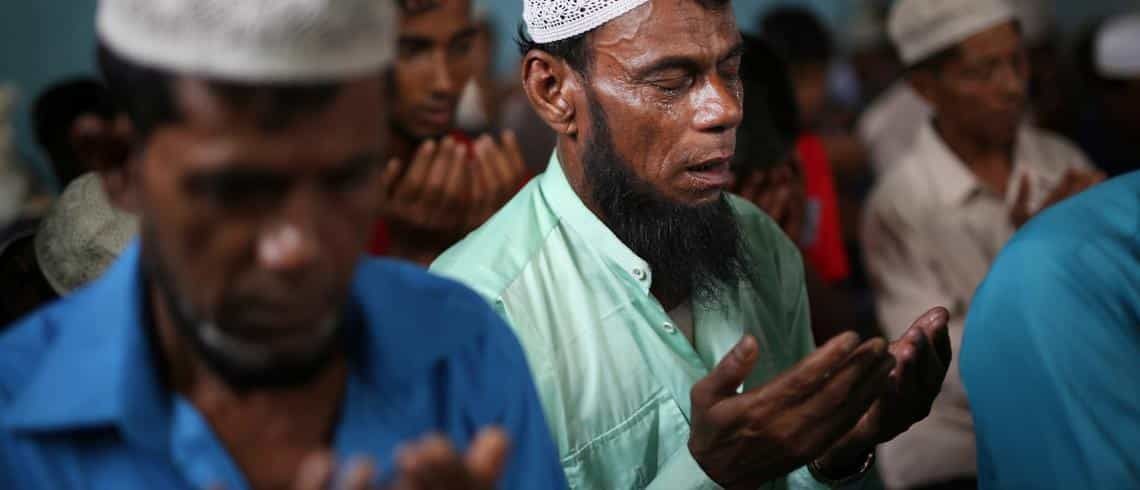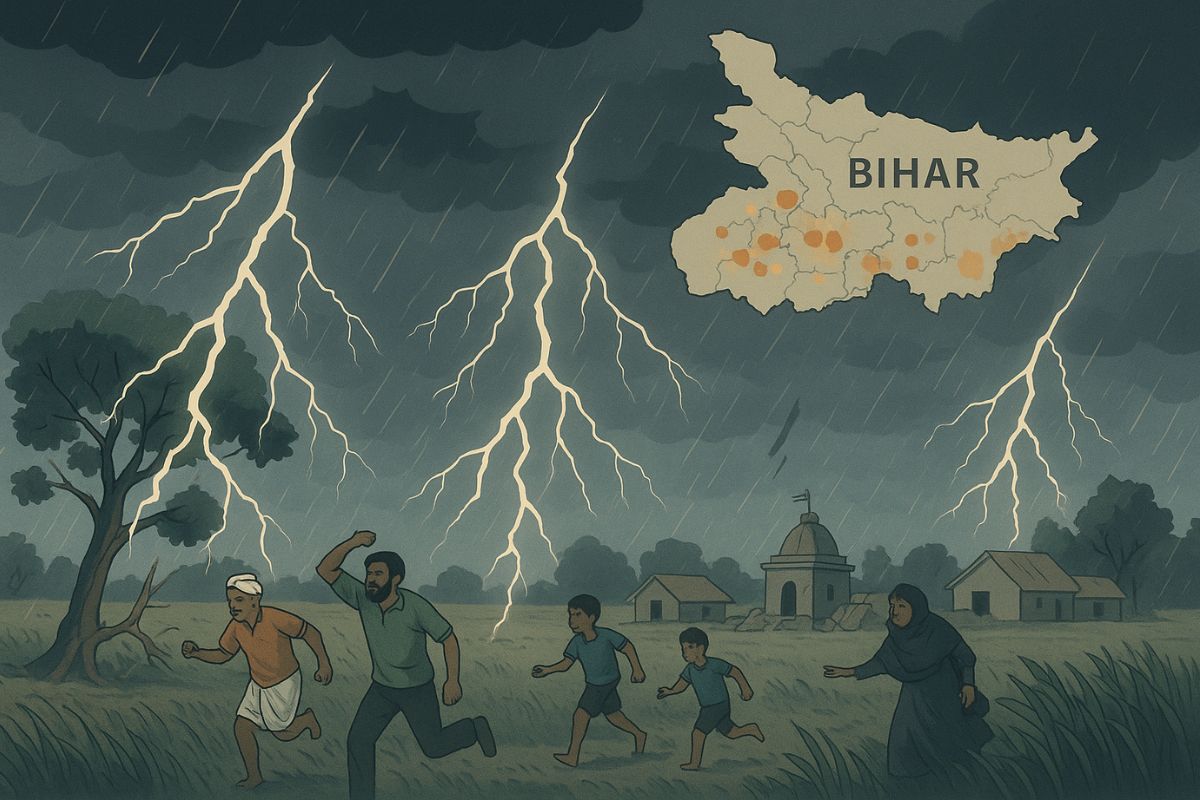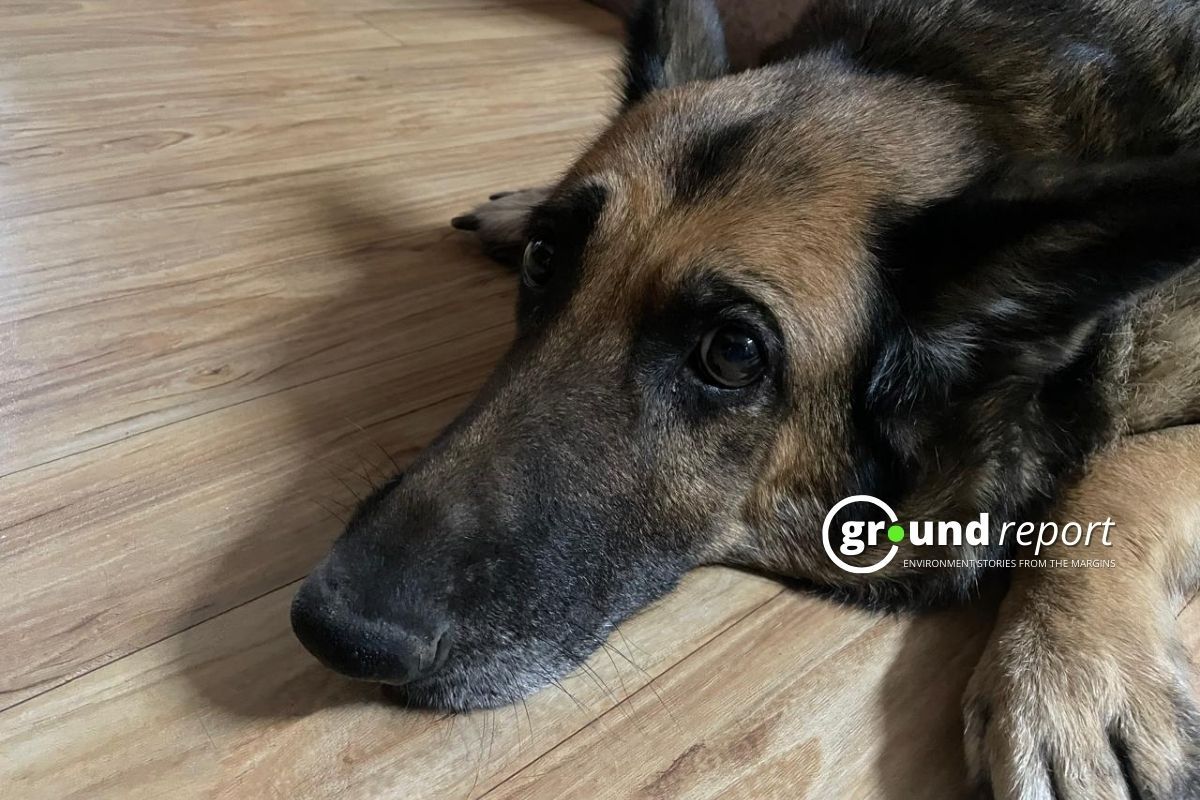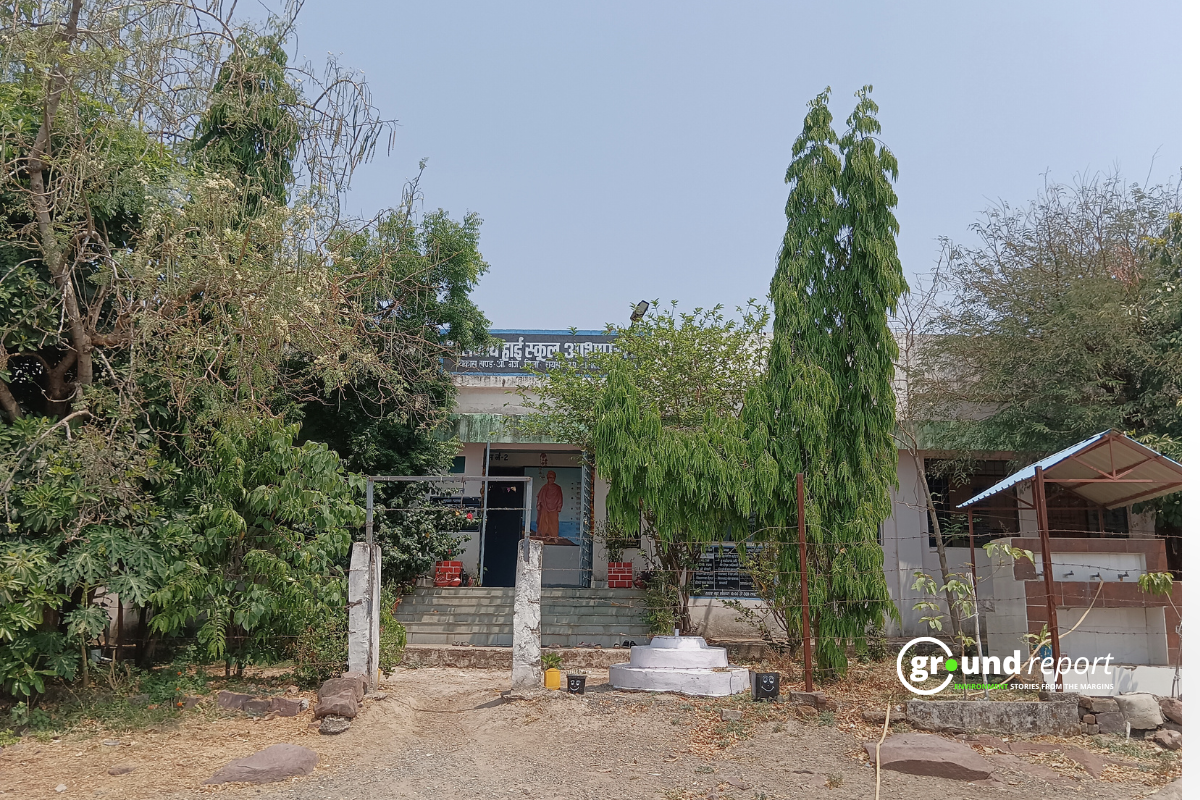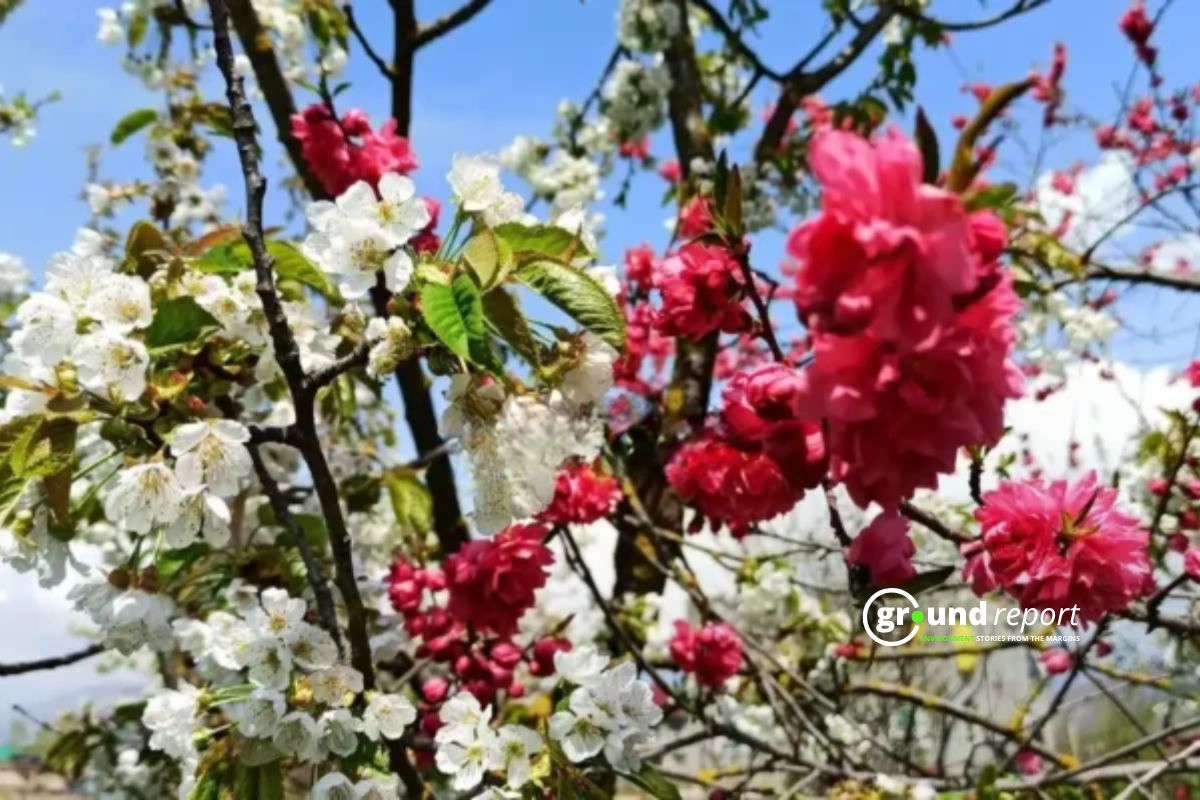Ground Report | New Delhi: Rohingya Refugees in India; The death of a Rohingya woman from COVID-19 while in custody highlights the plight of poverty-stricken refugees. Earlier this month, 55-year-old Rohingya refugee Noor Ayesha died at a government hospital in Jammu and Kashmir due to complications from COVID-19.
Ayesha was among more than 200 refugees who were arrested three months ago and imprisoned in the Kathua district of the Himalayan region for living “illegally” in India. Ayesha’s 21-year-old son, Akhtar Hussain, told Al Jazeera: “My mother was already suffering from mild breathlessness and heart problems.”
“After he was arrested along with others on March 6, his health started deteriorating.” Ayesha and her 70-year-old husband, Nadeem Hussain, were arrested on March 6 along with 220 other allegedly undocumented Rohingya and sent to Hiranagar jail in Kathua after verification efforts by the government.
At least 53 of the refugees tested positive for COVID-19 while they were in prison, officials said. “We immediately isolated these people and gave them medicines as prescribed by the doctor,” said the police inspector at Hiranagar Detention Centre, who did not want to be named.
(Rohingya Refugees in India) Police officers claim the facility administered the first doses of the COVID-19 vaccine to at least 57 Rohingya inmates, who are over the age of 45. “We have a team of doctors who come every day to check the health of the prisoners,” he said. A doctor at Government Medical College in Kathua said Aisha had recovered and tested negative on June 6.
ALSO READ: RESTORE STATE STATUS OF J&K SAYS CONGRESS AHEAD OF PM MODI’S MEETING
“According to our doctors, he was diagnosed with bilateral COVID-19 pneumonia with IHD (ischemic heart disease) at the time of his death,” Dr. Deepak Abrol, head of the oncology department and official spokesman at the hospital told Al Jazeera. “Simply put, he died of a mild heart attack due to a post-COVID illness.”
Fear of detention and deportation
The Jammu region of UT is home to nearly 6,000 Rohingya refugees fleeing a military crackdown in Myanmar’s Rakhine state. “I left Myanmar with my parents and came to India through the mountains in Bangladesh,” said Hussain, who arrived in Jammu in 2014 to join his brother who had moved earlier.
“We walked for days without food and water to reach Bangladesh and then stayed in Kolkata for a few days before coming to Jammu.” But refugees in Jammu continue to live in fear of detention and deportation to their country, which the military seized in the February 1 coup.
India is not a signatory to the 1951 United Nations Refugee Convention and as such, does not recognize refugee cards issued by the United Nations refugee agency, UNHCR.
As a result, they have no right to access government rations, housing, education, or health care plans. A vicious second wave of the coronavirus pandemic has only added to their misery. Last week, a huge fire erupted at a Rohingya refugee camp in Madanpur Khadar, a slum area on the banks of the Yamuna river in the National capital, New Delhi.
The fire left more than 200 refugees homeless, including Mohammad Saleemullah, 35, who lost his wife Fatima to COVID. “My wife developed symptoms of COVID-19 high fever and shortness of breath last year,” he told Al Jazeera, adding that he was not given any treatment when he took him to a local doctor.
“Fatimah died eight months ago at the age of 29,” he said. “After his death, I was depressed and fell ill for several days.” Saleemullah described Madanpur Khadar as a camp “soaking in garbage and disease”. Community activists say more than 20,000 Rohingya are struggling to pay for treatment or get vaccinated because of a lack of legal documents and job opportunities.
Last month, India’s health ministry released new guidelines, which allow vaccination for people who do not have a biometric identity card called Aadhaar (Rohingya Refugees in India).
The move was welcomed by UNHCR.
“This will provide opportunities for vulnerable groups including refugees and asylum seekers to access vaccines.” said a UNHCR spokesman in New Delhi. “Inclusion in health responses, vaccines to social safety nets is key to protecting refugees and their hosts from the COVID-19 virus. Taking care of their health also protects the health of the host community and community members.”
ALSO READ: DELHI UNLOCK-4: WHAT IS OPEN FROM MONDAY, WHAT WILL REMAIN CLOSED?
However, Rohingya activists say implementing the health ministry directives still requires proactive efforts by community representatives to schedule and coordinate these efforts. The coordination was carried out by representatives of local organizations who often used their own ID cards and telephone numbers to reserve slots on behalf of the refugees.
“We vaccinated 102 Rohingya refugees in Jaipur with the help of local NGOs,” Dr. RK Sharma, a medic in the state capital of Rajasthan, told Al Jazeera. “A second dose will also be given based on the same ID and mobile number.” While vaccinations begin in Jaipur, refugee camps in New Delhi and Jammu are still waiting to hear from the government about their turn.
“No one came here to vaccinate us or tell us how to get a vaccine,” said Mohammad Younis, 46, who has lived in the Jammu camp since 2008. “They think of us as outsiders, illegal immigrants. We don’t know when they will kick us out or kick us out.”
Mushtaq Ahmed, a Rohingya community leader in Jammu, said “the only way to fight this disease is to get everyone vaccinated equally”. While those seeking vaccinations are required to register via a government portal, India’s digital divide is not helping either.
“The Indian government has made the vaccine registration process online,” said Sabber, founder and director of the Rohingya Human Rights Initiative, a New Delhi-based community group. “Most of these people do not have access to a smartphone or ID card required for registration. So how do we apply for a vaccination?”
You can connect with Ground Report on Facebook, Twitter, and Whatsapp, and mail us at GReport2018@gmail.com to send us your suggestions and writeups
